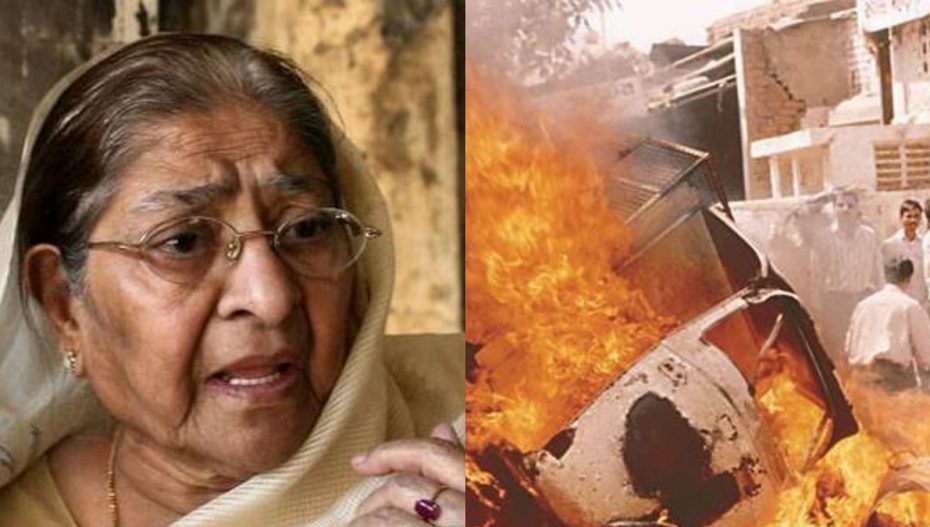In the 2002 Gujarat riots, PM Narendra Modi was given a clean chit regarding the murder of late Congress MP Ehsan Jafri, by the Special Investigation Team (SIT). Recently, it has been challenged by Jafri’s wife, Zakia Jafri.
Eshan Jafri was among the 68 people who were killed at the Gulbarg Society in Ahmedabad when a mob attacked the place on February 28, 2002. This happened a day after the S-6 Coach of the Sabarmati Express returning from Ayodhya was burned that triggering the Gujarat riots.
A bench of Justice AM Khanwilkar, Dinesh Maheshwari and CT Ravikumar heard the matter on November 10, 2021. Senior Advocate Kapil Sibal who represents Jafri told the Supreme Court that instead of taking cognisance of the evidence, the probe was carried out in a way that had whitewashed the entire investigation.
Lava From Volcano
During the hearing, Sibal stressed that communal violence is like “lava erupting from a volcano”. He said that “it’s an institutionalised problem, whenever the lava touches a ground on earth it scars it and it becomes a fertile ground for future revenge.”
He further questioned the SIT, he asked the Supreme Court to look at the transcript of the recordings which were authenticated by the CBI and has not been touched by the SIT at all.
Sibal informed the bench that as per the tapes a large number of firearms were transported outside and even bombs were being manufactured in the state. He said that the domestically made guns were being distributed throughout the riots.
He further explained that Anil Patel and others were supporters of the Vishwa Hindu Parishad and the testimony of Sreekumar, former Gujarat ADGP was rejected by the SIT.
Loopholes In Investigation
Sibal continued and questioned the investigation at large. “There would have been several phone calls but if the phone is not seized then what investigation has taken place? Everything was before the magistrate,” he said.
He informed the supreme court of the timeline of the event and said that the bodies had reached Ahmedabad at 3:30 am but the curfew was not declared until 12:45 pm. And by 7 am more than 3000 people had gathered.
Sibal asked, “why was curfew not declared when Godhra administration did it?”
He further highlighted the deaths of the Kar sevaks that were used to create communal tension and the police reportedly didn’t take care of the law and order.
Meanwhile, the bodies were handed over to Jayant Patel of VHP who is a non-government person but the dead bodies can only be handed over to the relatives.
Sibal pointed out that the photographs were taken of the deceased to create an atmosphere of “hatred and discontentment” which further led to volatile and aggressive funeral processions.
Further questioning the role of the police, he said that instead of taking care of law and order, they were escorting the VHP fellow Giriraj Kishore to the hospital;.
“Thereafter that person accompanied the 5,000 funeral mobs amidst inflammatory procession,” Sibal said.
Talking about the communal violence, he said that he lost his maternal parents to the same in Pakistan. He said that he is also a victim of communal violence. Though he doesn’t want to accuse anyone, but a message needs to be sent to the world that this won’t be tolerated.
“This case is not just this case but it’s about the future,” Sibal said.
The Supreme Court will continue hearing the case on Thursday, 11 November.













